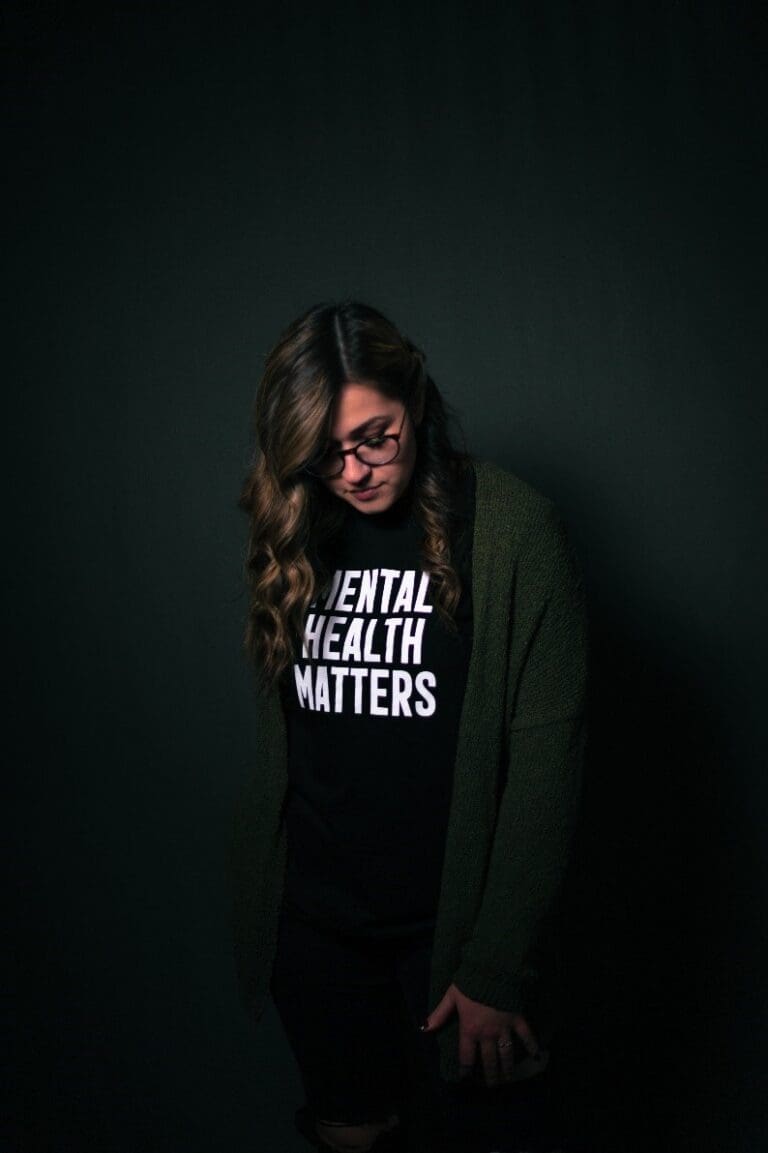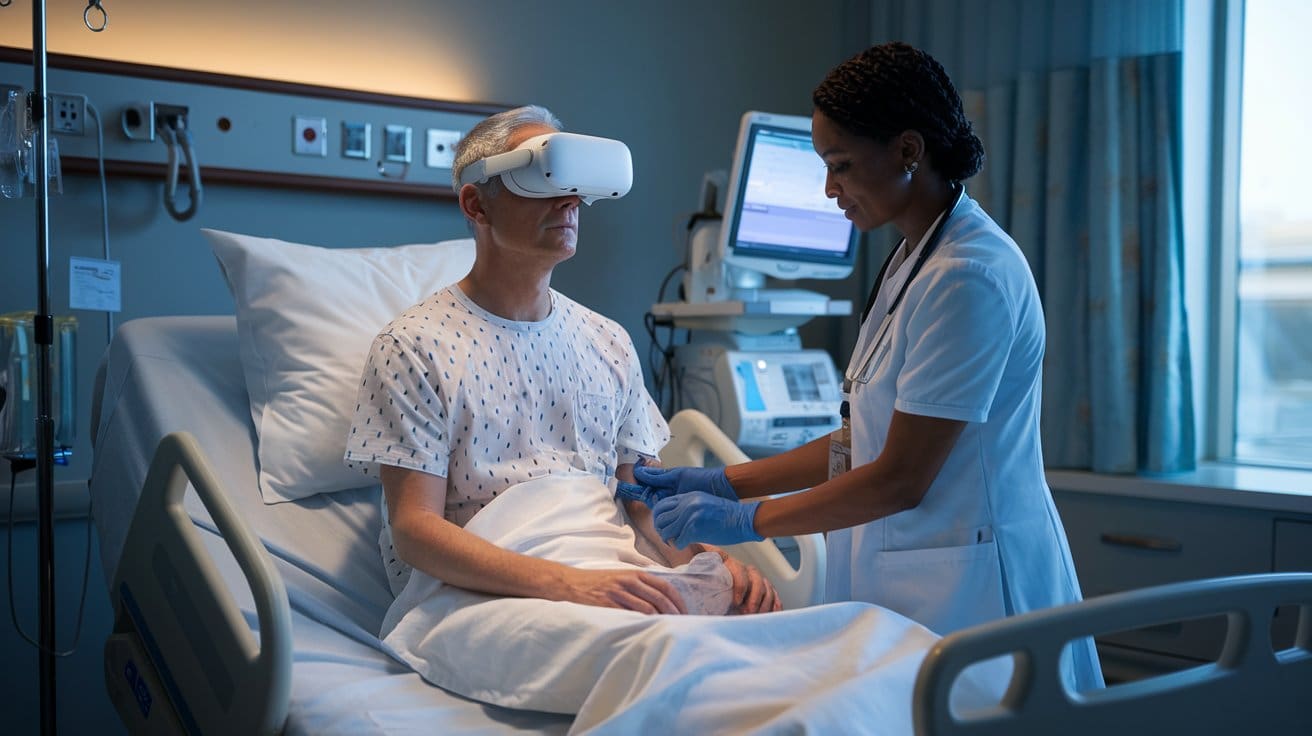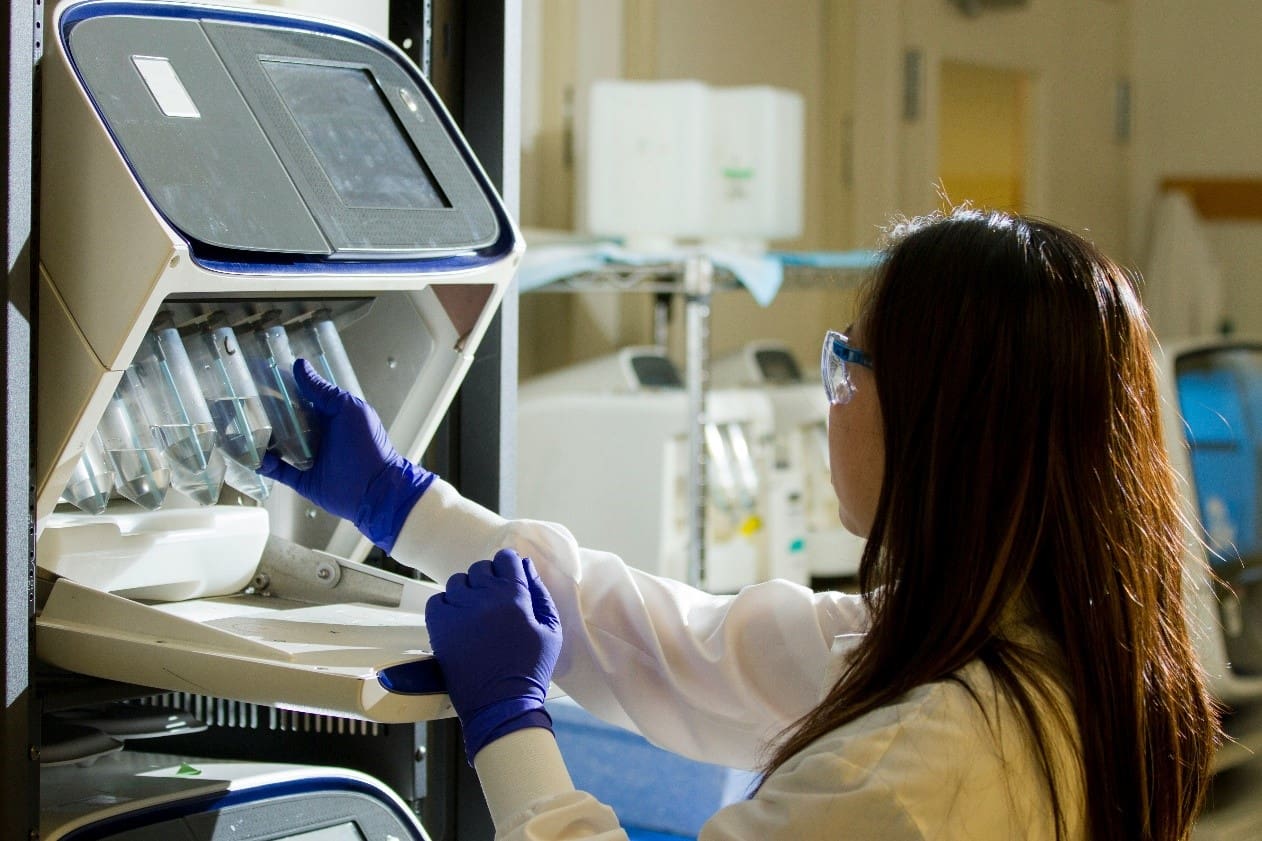Embracing Transformation: The Promise of Psychedelics in Healthcare
In recent years, a remarkable shift has taken place in the realm of healthcare—one that embraces the therapeutic potential of psychedelics. These substances, once relegated to the counterculture, are now redefining mental health treatments and promising transformative approaches to healing.

The Therapeutic Potential Unveiled Treating Depression and Anxiety
Clinical studies exploring the effects of psychedelics on depression and anxiety have shown promising results. Psychedelic-assisted therapy, conducted under controlled settings with professional guidance, has demonstrated significant improvements in treatment-resistant depression and anxiety disorders, offering hope to those who have not responded to conventional treatments.
PTSD and Trauma Resolution
Psychedelic therapy has emerged as a potential breakthrough in addressing PTSD and trauma-related conditions. The profound psychological experiences induced by these substances, when used in therapeutic settings, have shown promising outcomes in helping individuals process and overcome deep-seated traumas.
Addiction Recovery
Addiction, whether to substances like alcohol and opioids or behavioral addictions, presents a significant challenge. Psychedelic-assisted therapy is being explored as a tool to help individuals break free from addictive patterns by fostering introspection, enhancing self-awareness, and facilitating a shift in perspective.

Ethical Considerations and Caution
While the therapeutic potential of psychedelics is promising, caution and ethical considerations remain paramount. Psychedelic therapy necessitates a controlled and supervised environment with trained professionals to ensure safety and maximize therapeutic benefits. Ensuring accessibility while mitigating potential risks is a crucial consideration in integrating these treatments into mainstream healthcare.
Overcoming Stigma and Legal Barriers
The path to embracing psychedelics in healthcare involves overcoming deep-seated societal stigmas and legal hurdles. Increasingly, regulatory bodies and healthcare professionals are recognizing the importance of evidence-based research and are revisiting policies to enable responsible exploration of these substances in therapeutic settings.
Future Possibilities and Holistic Healing
The promise of psychedelics in healthcare extends beyond individual mental health treatments. These substances have the potential to usher in a paradigm shift toward a more holistic approach to well-being, emphasizing the interconnectedness of mental, emotional, and spiritual health.
Conclusion: Embracing a New Frontier
The integration of psychedelics into mainstream healthcare represents a transformative frontier—one that challenges conventional approaches and offers new avenues for healing. With ongoing research, responsible practices, and a shift in societal attitudes, these substances hold the promise of reshaping mental health treatment and fostering a deeper understanding of human consciousness and well-being.










